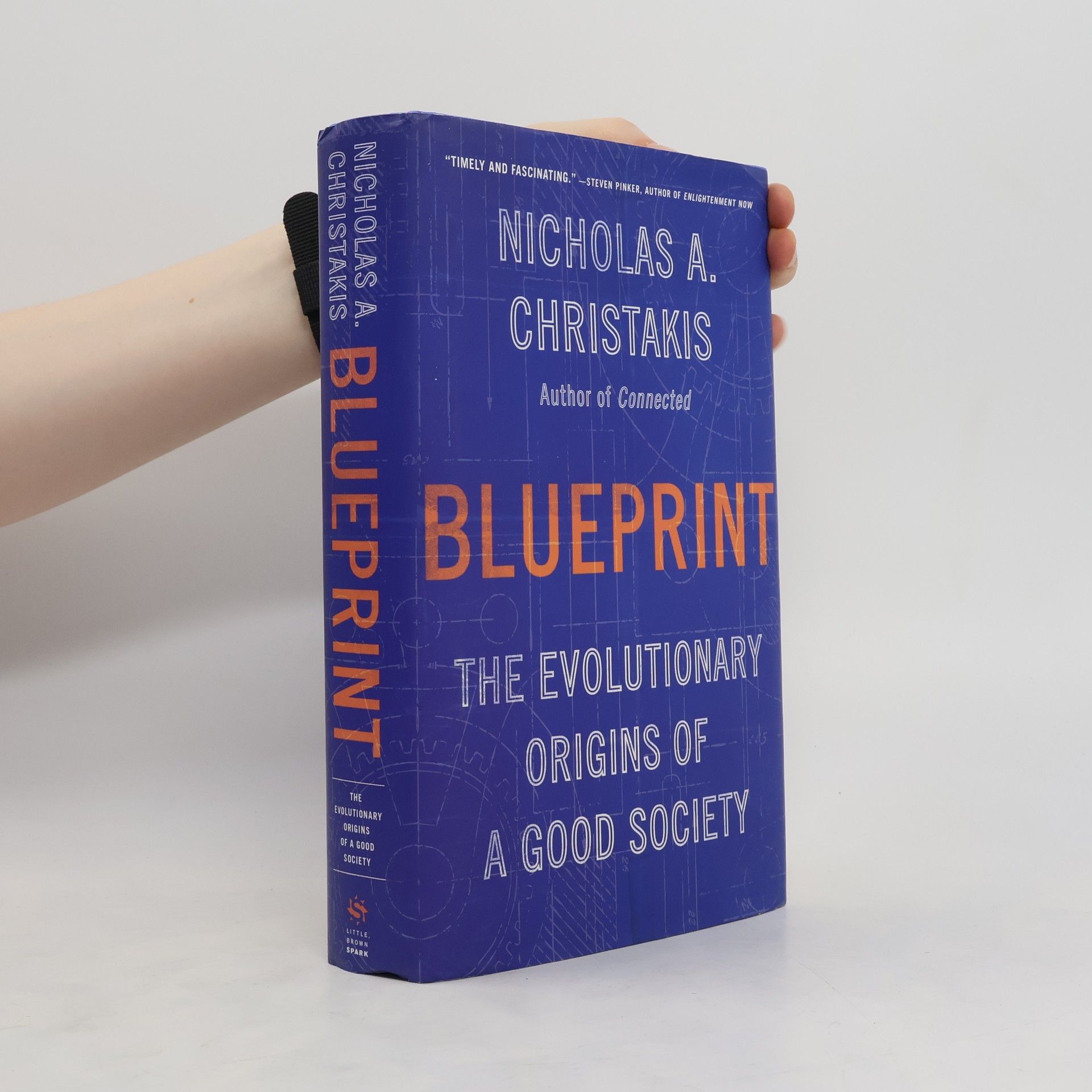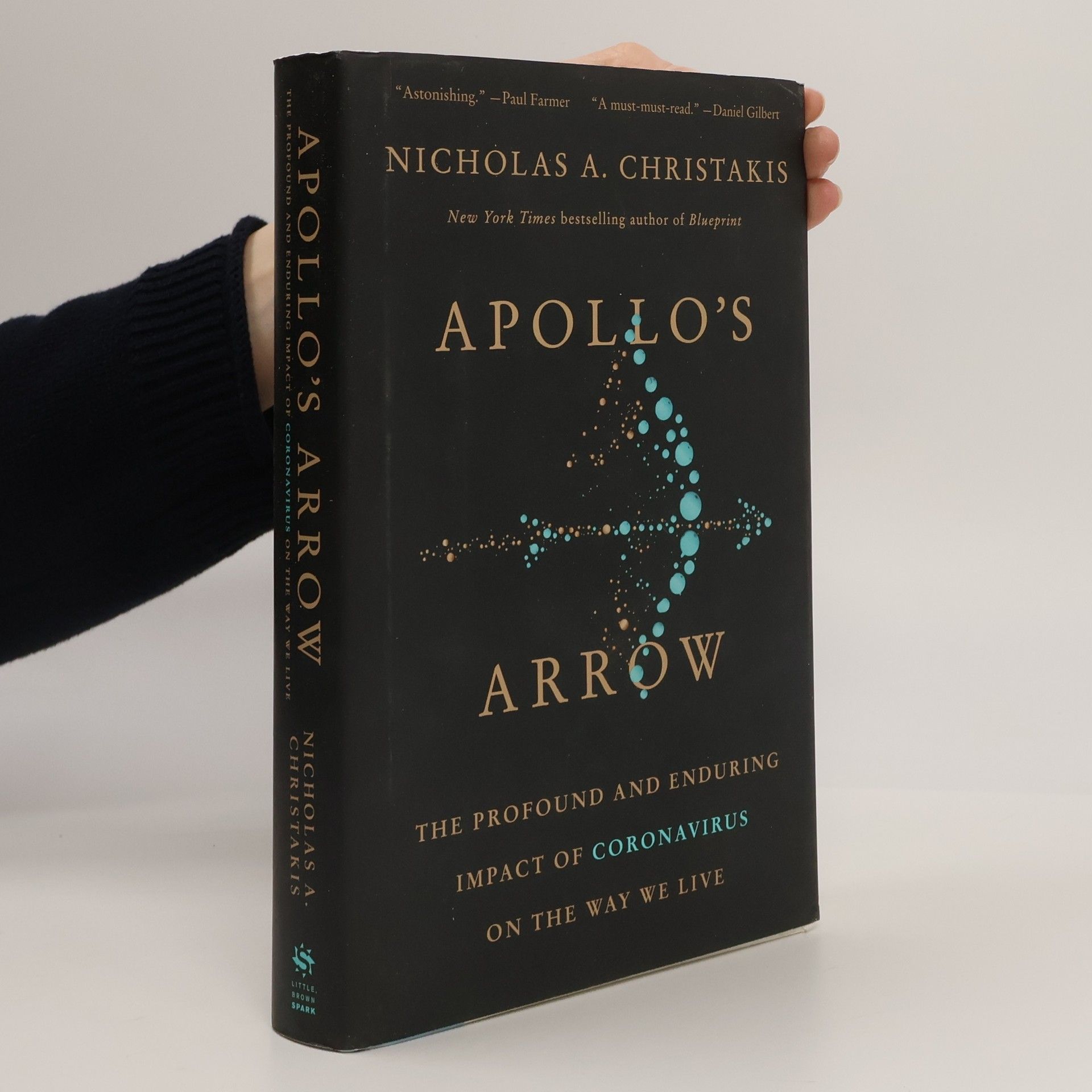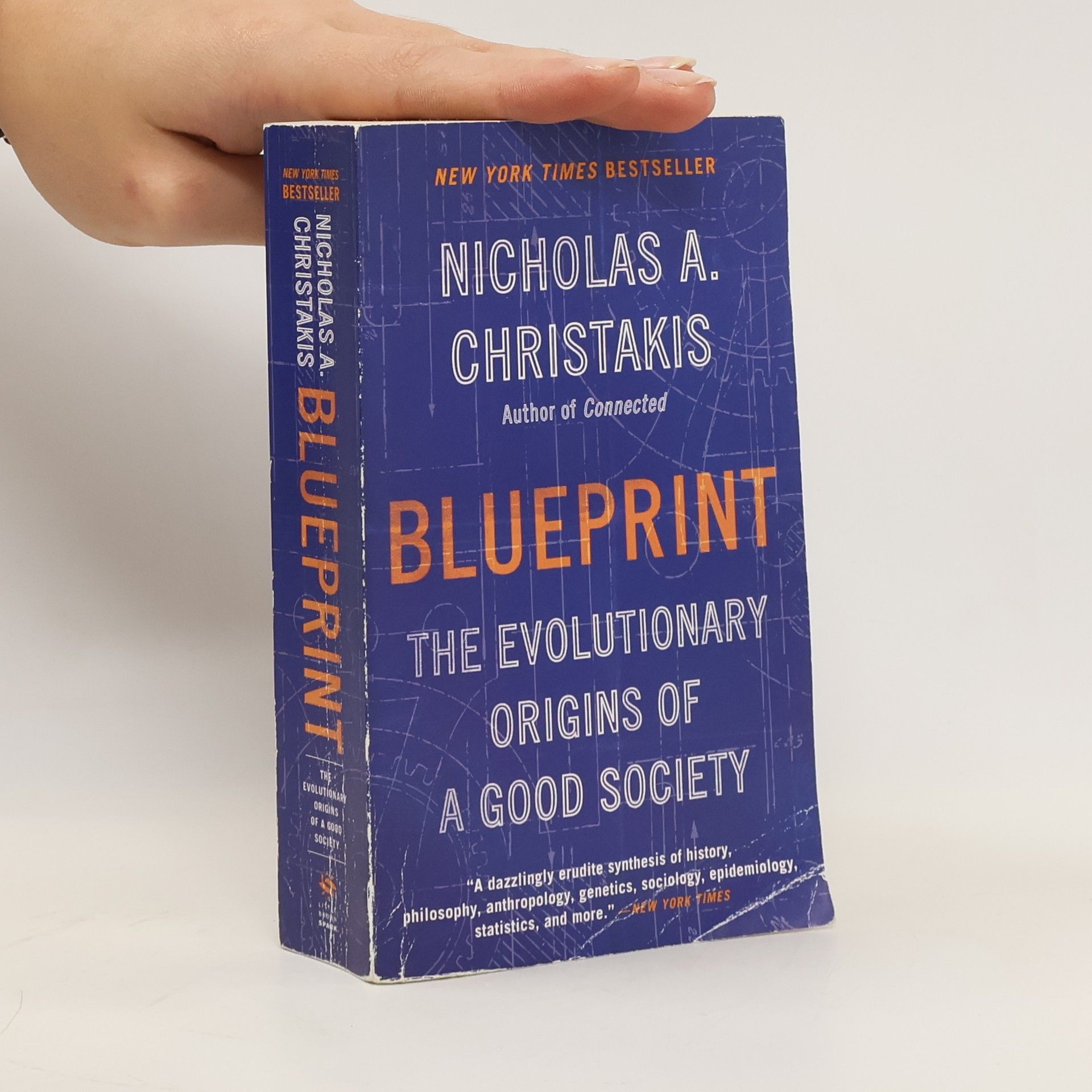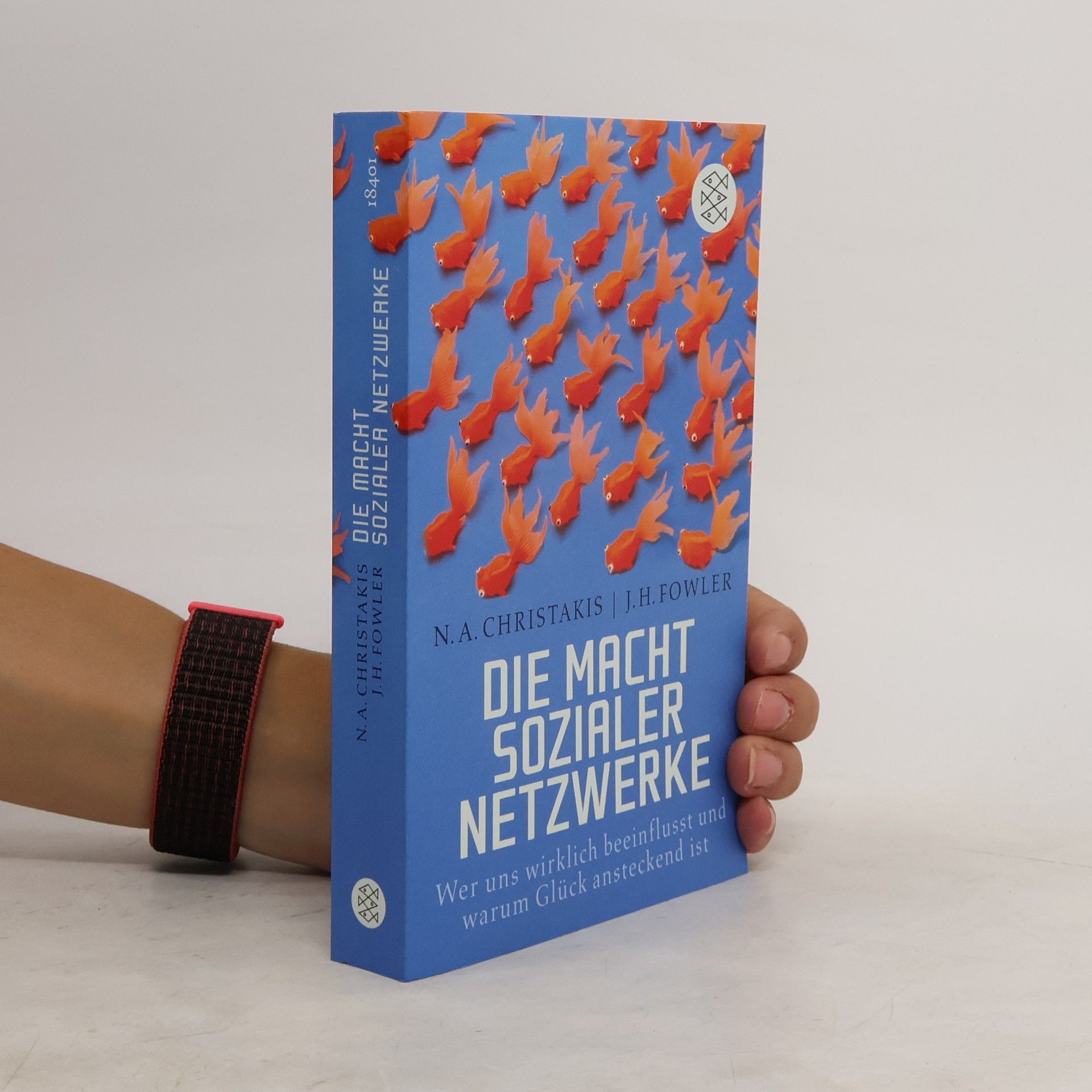Dieses Buch kann Ihr Leben verändern -- wenn es jemand liest, den Sie nicht kennen. Ihre politische Einstellung, Ihre Partnerschaft, Ihr Leibesumfang - Sie glauben, das alles bestimmen Sie selbst? Weit gefehlt! Es sind Menschen, die Sie oft nicht mal persönlich kennen - die Freunde eines Freundes eines Freundes -, die Ihr Leben bis ins kleinste Detail maßgeblich beeinflussen. Die international renommierten Wissenschaftler Nicholas A. Christakis und James H. Fowler haben soziale Netzwerke erforscht und zeigen, wie diese unmerklich auf unser Verhalten abfärben. Für ihre Forschungen erschlossen sie die bislang größte Menge an persönlichen Daten, u. a. aus Facebook-Profilen und der Erfassung und Langzeitstudie einer gesamten Kleinstadt. Die Auswertung zeigt: Verhaltensmuster und Gefühle der Menschen sind wie ein Fischschwarm. Nicht ein einzelner Fisch entscheidet, wohin es geht, sondern der Schwarm trifft die Entscheidung. Auf verblüffende, provokante und unterhaltsame Weise zeigen Christakis und Fowler wie groß die Macht sozialer Ansteckung ist.
Nicholas A. Christakis Bücher
Nicholas A. Christakis ist ein führender Wissenschaftler, der die tiefgreifenden Verbindungen zwischen menschlichem Verhalten und biologischen Grundlagen erforscht. Seine Forschung befasst sich mit den evolutionären und genetischen Mechanismen, die unsere sozialen Bindungen wie Freundschaften prägen. Durch innovative Studien in realen und digitalen Umgebungen versucht er zu verstehen, wie soziale Interaktionen unsere Gesundheit und Entscheidungsfindung beeinflussen. Seine Arbeit bietet eine faszinierende Perspektive darauf, warum wir uns so verhalten, wie wir es tun, und wie wir kollektiv bessere Ergebnisse erzielen können.





Wussten Sie, dass Sie das Leben von Leuten, die Sie nicht mal persönlich kennen, maßgeblich beeinflussen können, und zwar bis ins kleinste Detail? Ob die Freunde eines Freundes Ihres Freundes zur Wahl gehen, wen sie wählen, ob sie rauchen, dick oder dünn sind, liegt mit in Ihrer Hand! Die international renommierten Wissenschaftler Nicholas Christakis und James Fowler zeigen, wie sich solche sozialen Netzwerke bilden und wie sie funktionieren. Sie erklären, warum Gefühle ansteckend sind, wie sich gesundheitsbewusstes Verhalten ausbreitet, warum die Reichen reicher werden und wie wir unsere Partner auswählen und finden. Auf verblüffende, provokante und unterhaltsame Weise wird hier ein Paradigmenwechsel vollzogen: Nicht das Individuum, sondern die sozialen Netzwerke formen nahezu alle Aspekte unseres Lebens.
Blueprint. The evolutionary origins of a good society
- 656 Seiten
- 23 Lesestunden
For too long, scientists have emphasized the darker aspects of our biological heritage, such as aggression and self-interest. However, natural selection has also endowed us with beneficial social traits, including love, cooperation, and learning. Beneath our inventions—tools, farms, machines, cities—we possess innate tendencies that foster a good society. The author introduces the idea that our genes influence not just our bodies and behaviors, but also the formation of societies that share surprising similarities across the globe. Through vivid examples, including various cultures, shipwreck communities, utopian communes, and even the social structures of elephants and dolphins, it is demonstrated that, despite a history marked by violence, we are guided by a social blueprint for goodness. In an era of rising political and economic division, it is easy to overlook the positive aspects of our evolutionary past. By integrating insights from social science, evolutionary biology, genetics, neuroscience, and network science, the work reveals how evolution has set us on a humane path and highlights our shared humanity.
Apollo´s Arrow
- 288 Seiten
- 11 Lesestunden
A piercing and scientifically grounded look at the emergence of the coronavirus pandemic and how it will change the way we live -- "this year's must-must-read." (Daniel Gilbert) Apollo's Arrow offers a riveting account of the impact of the coronavirus pandemic as it swept through American society in 2020, and of how the recovery will unfold in the coming years. Drawing on momentous (yet dimly remembered) historical epidemics, contemporary analyses, and cutting-edge research from a range of scientific disciplines, bestselling author, physician, sociologist, and public health expert Nicholas A. Christakis explores what it means to live in a time of plague -- an experience that is paradoxically uncommon to the vast majority of humans who are alive, yet deeply fundamental to our species. Unleashing new divisions in our society as well as opportunities for cooperation, this 21st-century pandemic has upended our lives in ways that will test, but not vanquish, our already frayed collective culture. Featuring new, provocative arguments and vivid examples ranging across medicine, history, sociology, epidemiology, data science, and genetics, Apollo's Arrow envisions what happens when the great force of a deadly germ meets the enduring reality of our evolved social nature.
Blueprint
- 544 Seiten
- 20 Lesestunden
For too long, scientists have concentrated on the negative aspects of our biological heritage, such as aggression and self-interest. However, natural selection has also endowed us with beneficial social traits, including love, friendship, cooperation, and learning. Beneath our inventions—tools, farms, machines, cities, and nations—lie innate tendencies that foster a good society. The author introduces the idea that our genes influence not only our bodies and behaviors but also the ways we create societies, which share surprising similarities across cultures. Through vivid examples, including historical and contemporary communities, shipwreck survivors, utopian communes, and online groups, as well as the social structures of elephants and dolphins, it becomes evident that, despite a history of violence, we possess a social blueprint for goodness. In an era marked by political and economic polarization, it’s easy to overlook the positive aspects of our evolutionary past. By integrating insights from social science, evolutionary biology, genetics, neuroscience, and network science, the narrative illustrates how evolution has guided us toward a humane path, emphasizing our shared humanity.